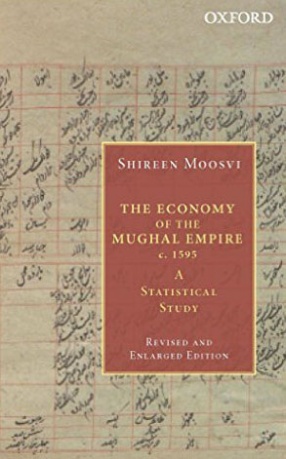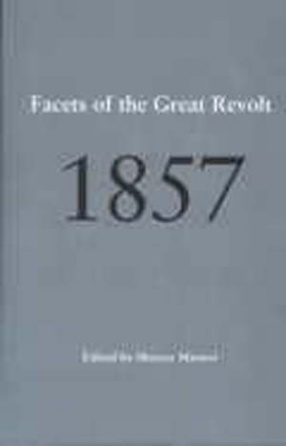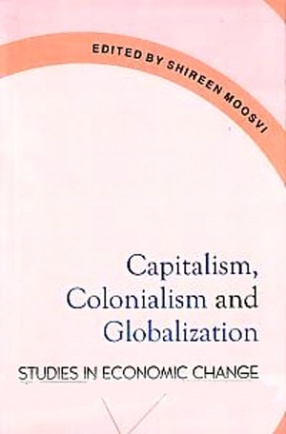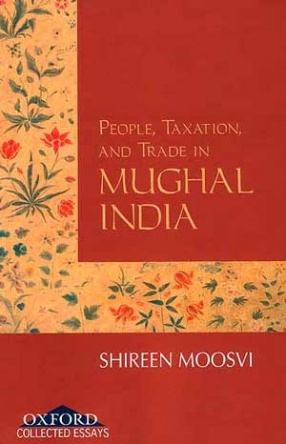
Showing all 4 books


Exploring the rich statistical material present in the earliest manuscripts of the Ain-i Akbarithe great official compilation of the Mughal Empirethis book challenges and revises widely held views on the economic conditions of the day. It breaks new ground by subjecting the Indian economy c. 1595 to the same kind of quantitative analysis as is employed in the case of contemporary economics.
First published in 1987, this seminal work on the economy of the Mughal ...

The global crisis that broke out in 2008 raised for many fundamental questions about the present economic order. This collection of articles from authors who include some of India’s leading economic historians consists of studies in the growth of capitalism, the impact of colonialism, and the implications of the current phase of globalization for India and the world.The contributors to this volume are: Irfan Habib, Utsa Patnaik, B. Surendra Rao, Raj Shekhar ...

The Revolt of 1857 is being increasingly recognized as one of the major events of the nineteenth century, a turning point in the history of imperialism. the sheer scale of the uprising and its unique place in the narrative of anti-colonial resistance has prompted it to be interpreted on several occasions in the past-by nationalist leaders, historians and officials-and the literature on 1857 has grown in volume as the country observed its 150 the anniversary. ...

India in the seventeenth century was one of the great economic powers of the world--a position it later lost following the British conquest and the European industrial revolution. Bringing together four decades of intensive research, this unique collection examines the functioning of the economy within the political framework provided by the Mughal Empire. Shireen Moosvi studies specific issues like state revenues, prices, interest rates, and maritime economy, ...
